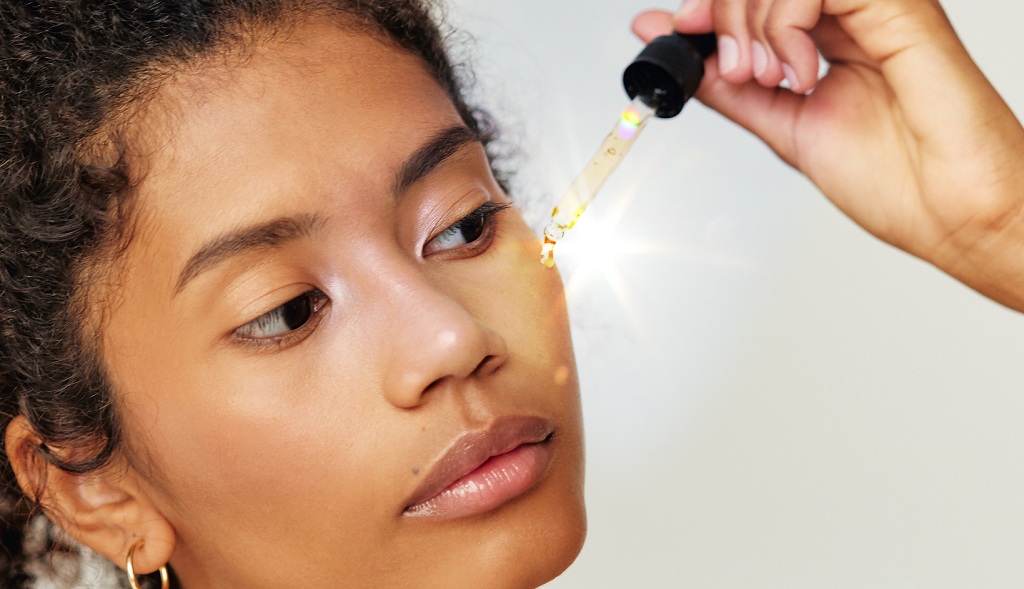Essential oils are becoming more popular these days as people seek a natural alternative to skincare. But what exactly is an essential oil and how does it work? This article will explore the benefits of using essential oils on your skin and explain why they may be perfect for you.

What Are They?
Essential oils are plant extracts that come from the seed, bark, leaves, flowers, or other parts of a plant. The extraction process typically involves steam distillation or cold-pressing (expeller-pressed). Both methods yield highly concentrated liquids that have potent healing properties when applied topically to the skin.
The Mechanism of Action of Essential Oils
If you are using one of the top essential oil brands, they’ll do wonders on your skin. The main mechanism of action of using essential oils on your skin is that they can penetrate deep into the layers of tissue and provide therapeutic effects.
Their chemical formulation allows them to actually alter and regulate cellular function, which means they can kill bacteria, fungi, and viruses as well as alleviate inflammation and redness.
Essential oils also help promote healthy cell growth by increasing circulation within the skin. This reception increases oxygenation to the cells, giving you a more vibrant complexion. Some oils even have anti-aging properties because they contain powerful antioxidants such as vitamin E . Antioxidants give added protection from free radicals – unstable molecules in our bodies that cause premature aging.
Are Essential Oils Good for Your Skin?
The use of essential oils for skincare dates back thousands of years because they have been shown to treat a wide range of skin conditions.
Due to their chemical makeup, essential oils can kill bacteria and fungi, promote healthy cell growth and help reduce inflammation in the skin – all essential to maintaining younger-looking skin.
Using the best essential oils for acne can help eliminate your breakouts. They also work especially well on problems such as dryness, psoriasis, dermatitis, and eczema because they penetrate deep into the root of an issue.
What Else Should You Know?
- The best way to use essential oils is through topical application. They should never be taken orally or put in the eyes or ears.
- Essential oils should also be diluted in a carrier oil before being applied to the skin. Some good choices for this are grapeseed oil, coconut oil, or olive oil.
- In order to get the most out of your essential oils, make sure you’re applying them directly to clean skin using a circular motion.
- Since they’re highly concentrated, less is more when it comes to essential oils, so start with 1-2 drops and add more if necessary.
- If you have sensitive skin or plan on using essential oil for the first time, test a small amount on your forearm and wait at least 24 hours to see if any irritation develops. If nothing happens then go ahead and use it as normal!
- Don’t worry about not having a “real” moisturizer because essential oils can be used in conjunction with your regular skincare regimen. Simply add the drops to your favorite cream or lotion and mix thoroughly before applying.
- You may want to try an entire routine of essential oil skincare if you have acne, dry skin, or other skin conditions. This means using 1-2 different essential oils for your face but also including 2-3 additional ones in the shower, bath, and/or massage. Not only will this leave you smelling great, but it can work wonders on aging skin!
Conclusion
Essential oils are natural and have a variety of benefits for your skin. They can help to hydrate, protect, and nourish your skin while fighting against free radicals. Additionally, essential oils can be used to soothe irritation or inflammation and reduce the appearance of blemishes. By using essential oils regularly, you can improve the overall health and appearance of your skin.